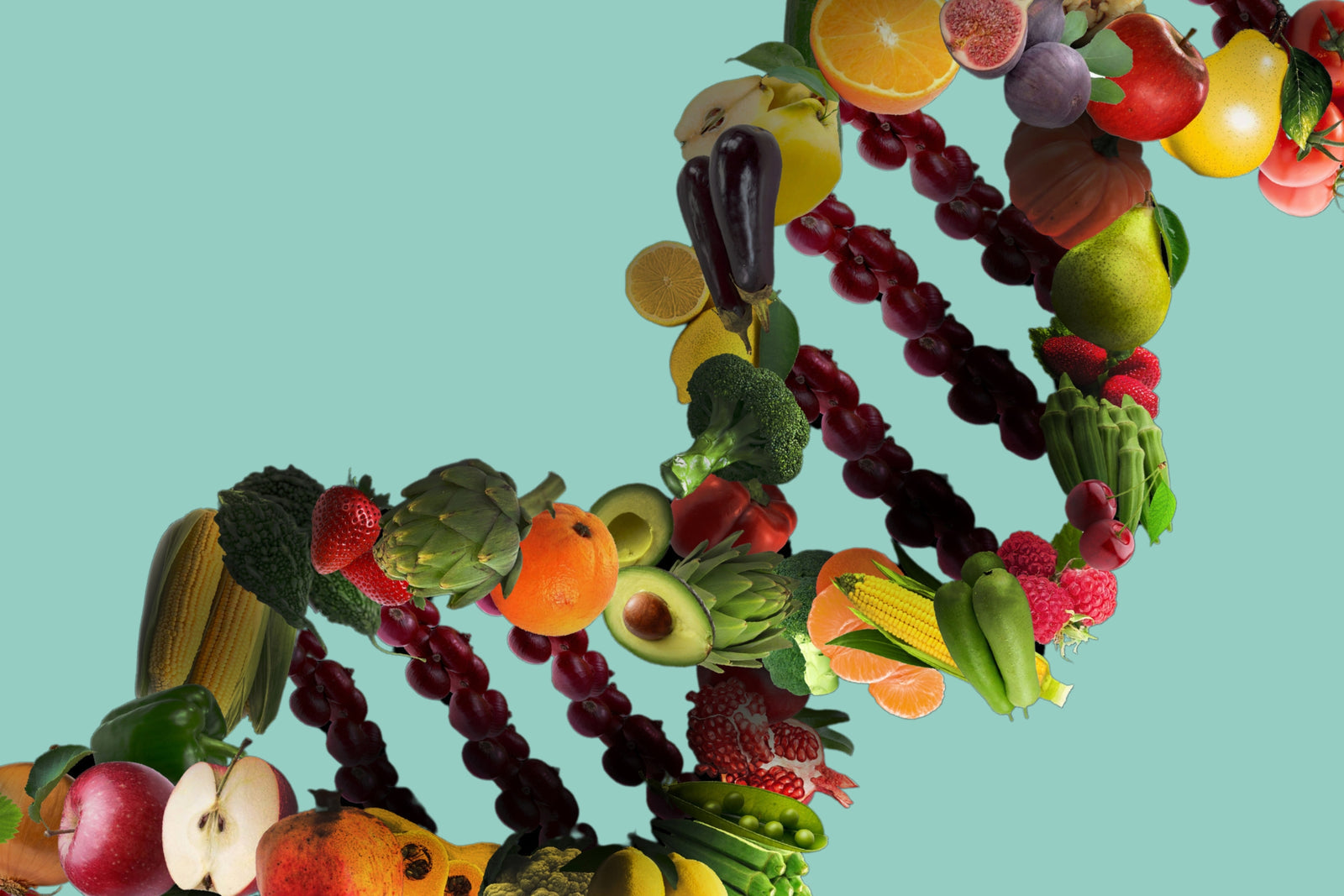Understanding Biotin and Your BTD Gene
Biotin, also called vitamin B7, is a water-soluble nutrient that helps turn food into usable energy and supports healthy hair, skin, and nails. It works as a helper molecule for enzymes involved in fat and amino acid metabolism and glucose production. The BTD gene makes the enzyme biotinidase, which recycles biotin from food and from the body’s own enzymes so cells can reuse it. Variants in BTD can reduce biotinidase activity and make it harder to recycle biotin efficiently. That can raise the chance of having a functional biotin shortfall during times of higher need such as growth, pregnancy, illness, or intense training.
How to read this report
- This report explains what your rs28934601 genotype may mean for biotin recycling and practical ways to support biotin status through diet, lifestyle, and working with your clinician on testing or supplements.
- Content is educational. PlexusDx does not provide medical advice. Always consult your healthcare provider before making changes to diet, supplements, or treatments.
Genetic Interpretation
Two effect alleles — GG
If your genotype at rs28934601 is GG, you carry two copies of the effect allele. This pattern is associated with reduced biotinidase enzyme activity and a decreased ability to recycle biotin efficiently. That may increase the risk of a functional biotin deficiency, especially during higher demand periods such as childhood growth, pregnancy, breastfeeding, intense exercise, acute illness, or recovery from injury.
Consider these practical steps:
- Prioritize biotin-rich foods: thoroughly cooked eggs, dairy products, legumes, nuts and seeds, and whole grains.
- Support gut health: eat fiber-rich vegetables, fruits, and fermented foods to encourage beneficial bacteria that can produce biotin.
- Monitor symptoms that can be linked to low biotin such as unexplained fatigue, hair thinning, brittle nails, skin rashes, or tingling sensations, and report them to your clinician.
- Discuss clinician-guided low-to-moderate biotin supplementation during higher-need periods. If prescribed, tell your healthcare provider and lab staff before blood tests because high-dose biotin can interfere with some lab assays.
- Consider periodic evaluation of nutrient status with your clinician if symptoms or life stages increase your needs.
One effect allele — AG
If your genotype is AG, you carry one copy of the effect allele. This is associated with likely reduced biotinidase activity and a moderately increased risk of functional biotin insufficiency during times of higher demand.
Practical recommendations:
- Include biotin-rich items regularly: cooked eggs, dairy, legumes, nuts, seeds, and whole grains as consistent sources.
- Eat a fiber-forward, plant-rich diet and include fermented foods to support a healthy microbiome that contributes to biotin production.
- Be especially mindful during pregnancy, breastfeeding, childhood growth, illness, or intense training. Discuss whether short-term, clinician-supervised supplementation would be helpful.
- Report any new symptoms consistent with low biotin to your clinician and review the need for testing or a targeted supplement strategy.
No effect alleles — AA
If your genotype is AA, you carry two copies of the non-effect allele. This genotype is associated with typical biotinidase activity and generally efficient biotin recycling. With normal recycling, you are likely to maintain adequate biotin levels through regular dietary intake.
Ongoing support:
- Maintain a balanced diet that includes biotin-rich foods such as cooked eggs, dairy, legumes, nuts, seeds, and whole grains.
- Keep a fiber-rich, plant-forward eating pattern and include fermented foods periodically to support gut microbiota that contribute to biotin availability.
- Remember that biotin is water-soluble and not extensively stored, so consistent intake matters. Adjust intake during pregnancy, illness, or other high-need periods in consultation with your clinician.
Dietary Tips to Support Biotin Status
- Focus on regular inclusion of well-cooked eggs and dairy for bioavailable biotin. Avoid raw egg whites, which can bind biotin and reduce absorption.
- Include legumes, nuts, and seeds several times per week for steady intake.
- Choose whole grains rather than refined grains to increase nutrient density and biotin content.
- Eat a variety of vegetables and fruits to provide fiber and micronutrients that support overall metabolism and gut health.
- Try fermented foods like yogurt, kefir, sauerkraut, or miso to support the microbiome that helps produce and recycle some B-vitamins.
Supplement and Testing Considerations
- Supplementation: If you or your clinician decide on biotin supplementation, use clinician-guided dosing. Low-to-moderate doses during increased need are commonly used; high-dose biotin can interfere with certain laboratory tests, including hormone and cardiac assays.
- Testing: Discuss with your healthcare provider whether testing for biotin status or metabolic markers is appropriate based on symptoms or life stage. Always inform the testing lab if you are taking biotin.
- Medication and lab interactions: Report all supplements to your provider before blood tests and prescription medication changes to avoid misinterpretation of lab results.
Lifestyle and Monitoring
- Monitor for symptoms suggestive of low biotin such as unexplained fatigue, hair thinning or loss, brittle nails, dry or scaly skin, or new nerve symptoms. These can have many causes, so clinical evaluation is important.
- During pregnancy, breastfeeding, intense training, illness, or rapid growth, reassess your dietary intake and speak with your clinician about increased needs.
- Maintain overall metabolic support by getting adequate sleep, managing stress, staying hydrated, and following a balanced exercise plan appropriate for your health status.
Final notes and important disclaimer
This information is educational and describes how genetic variation in the BTD gene may influence biotin recycling and practical ways to support biotin status. It is not medical advice. PlexusDx does not provide medical advice. Always consult your healthcare provider before starting or stopping supplements, making major dietary changes, or interpreting lab results. If you are pregnant, breastfeeding, have a medical condition, or take medications, discuss any changes with your clinician to ensure they are safe and appropriate for you.

Share:
High Carbohydrate Diet | IRS1 (rs2943641)
High Carbohydrate Diet | IRS1 (rs2943641)